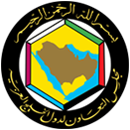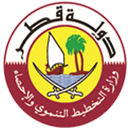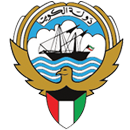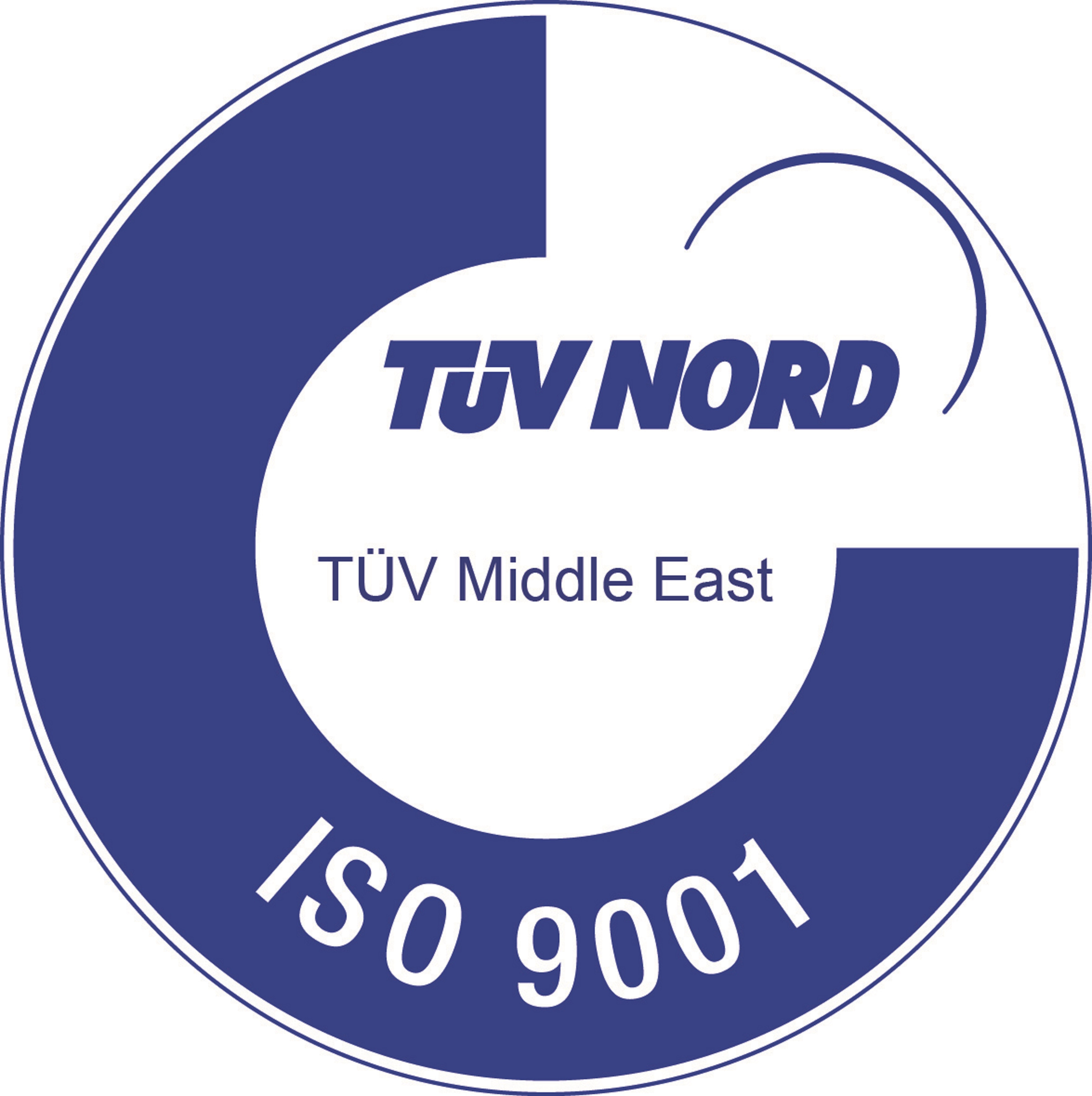
The GCC-Stat Congratulates the Kingdom of Bahrain on the 44th National Day
In the context of the Kingdom of Bahrain's celebration of its National Day on December 16 every year, and on the 16th accession anniversary of His Majesty King Hamad bin Isa Al Khalifa, the GCC-Stat extends sincere congratulations to the leadership and people of the Kingdom of Bahrain. On this special occasion, the GCC-Stat would also like to commend the Kingdom of Bahrain on its remarkable and civilized achievements, and grand edifice in all aspects of human and sustainable development, marking a new prosperous phase in the history of the nation; a phase of pride, progress and advancement that contributes to providing a decent life for its loyal people under the wise leadership of His Majesty the King - may Allah protect him – whose insightful vision has earned the Kingdom its prominent global position with regard to human development and placed it at the forefront of Arab countries for years to come.
The Bahrain's strategy "2030" guides the kingdom to a long-term future through well thought of plans, and sets the future development trends and visions based on a solid plan, and on justice, competitiveness and the achievement of the maximum development. Such development complements the country's leading democratic experience that promotes an atmosphere of freedom, openness, advancement, citizenship and human rights, with the wide scope of progress and reforms earning Bahrain the praise and admiration of the world.
Having diversified its economic base, Bahrain now enjoys a favorable competitive economic environment; the Kingdom was ranked as the fourth most economically free nation in Arab world. It occupied the 24th place out of 125 world countries, as indicated by the Fraser Institute 2015 Annual Report.
During the past five years (2009 - 2014), the Bahraini GDP at current prices grew considerably by (47.6%), valued at $ (33.9) billion in 2014 compared to (22.9) billion dollars in 2009. The economic improvement witnessed by the kingdom led to an increase in the per capita GDP to (25.8) thousand dollars in 2014, compared to (19.5) thousand dollars in the 2009, growing by (32.3%). The continued capital government spending and the implementation of infrastructure, housing, health and education projects have helped support local economic stability and provided the appropriate environment for both consumers and investors.
The Global Competitiveness Report 2015-2016 issued by the World Economic Forum indicated that, compared with the previous Global Competitiveness Index (GCI), the Kingdom of Bahrain made a 5-place jump to the 39th world place and was ranked 4th among Arab countries. The developments and reforms in the areas of macro-economic stability, best organizational framework, advanced financial markets and high-quality infrastructure and labor market have earned Bahrain its place among the top ten world countries in many of the competitiveness indicators. The Kingdom ranked first in "Lowering the inflation rate" and "Effect of taxation on incentives to invest", and fourth in "Effect of taxation on incentives to work" and "the total tax rate on profits".
The financial and banking sector is the key source for job opportunities in Bahrain, and contributing 15.5% to the GDP in Bahrain, which makes it the key incentive for growth in the kingdom. It is also considered the most active sector in the region with Bahrain having (406) financial establishments until December 2014. Bahrain hosts more Islamic financial institutions than any other in the Middle East. In the recent years, the kingdom has seen a rapid transformation becoming a global hub for the Islamic banking and financial services sector. Thus, it was classified as having the best world governance in Islamic finance, it has been named the GCC’s leading Islamic finance market and second out of 92 countries worldwide, according to the Islamic Finance Development Indicator (IFDI) for 2014.
The Kingdom of Bahrain has given utmost importance the development of human capacities as a cornerstone and an essential foundation to confirm the comprehensive concept of development in all areas. This has led to a significant increase in the standard of living, and enabled the kingdom to compete with developed countries in human development indicators in a short period of time. The 2015 Human Development Report issued by the United Nations has classified the Kingdom of Bahrain among the countries with "very high human development".
The Kingdom of Bahrain has managed to assume its rightful place on the world map by asserting the importance of the human factor as the maker of civilization and achiever of man's mission in life. Thus, it strenuously endeavored to invest in human capital to gain the greatest return to the community and participate in global development as an active part of the international community. The labor force in the kingdom rose by 3.9% compare to last year.
The health services sector witnessed a remarkable development through successive development plans. The government of Bahrain adopted a policy that aims to provide comprehensive health care for all citizens and residents through prevention and treatment programs that were carried out at all levels of the health services network. Given the health policy priority in its development programs, the government thus established many general and specialized hospitals, and primary health care centers throughout the regions of the Kingdom. The expansion in the health services was reflected in the increase of health institutions on the one hand, and in the focus on the continued development of the quality of these services on the other hand. The government sought to establish health-care institutions that meet the highest international quality standards, which amounted to 52 hospitals and health centers in 2014.
In the education sector, which is considered the most important part of the development process to achieve the required cultural and social level of development, the kingdom dedicated its attention to investment in people being the strategic aim and the key component to face the challenges of comprehensive development. Bahrain considered education to be the basic building block in the development and qualification of a well-educated and well-rounded generation. Interest in education and investment in human capital increased the number of students to around 194 thousand students in 2014, growing by 4% compared to 2013. Likewise, the number of teachers in both public and private schools rose to 18 thousand teachers, increasing by 5% compared to the previous year
The achievements of the Kingdom of Bahrain during the past 44 years reflect the high-profile initiatives and the pioneering and continuous successes leading to the sustainability of the building and development process in the country and to the provision of growth and prosperity for the kingdom and its loyal people. The GCC- wishes the government and people of the Kingdom of Bahrain more success and stability to continue its fruitful efforts for the development of the nation during the prosperous reign of His Majesty King Hamad bin Isa bin Salman Al Khalifa.
















